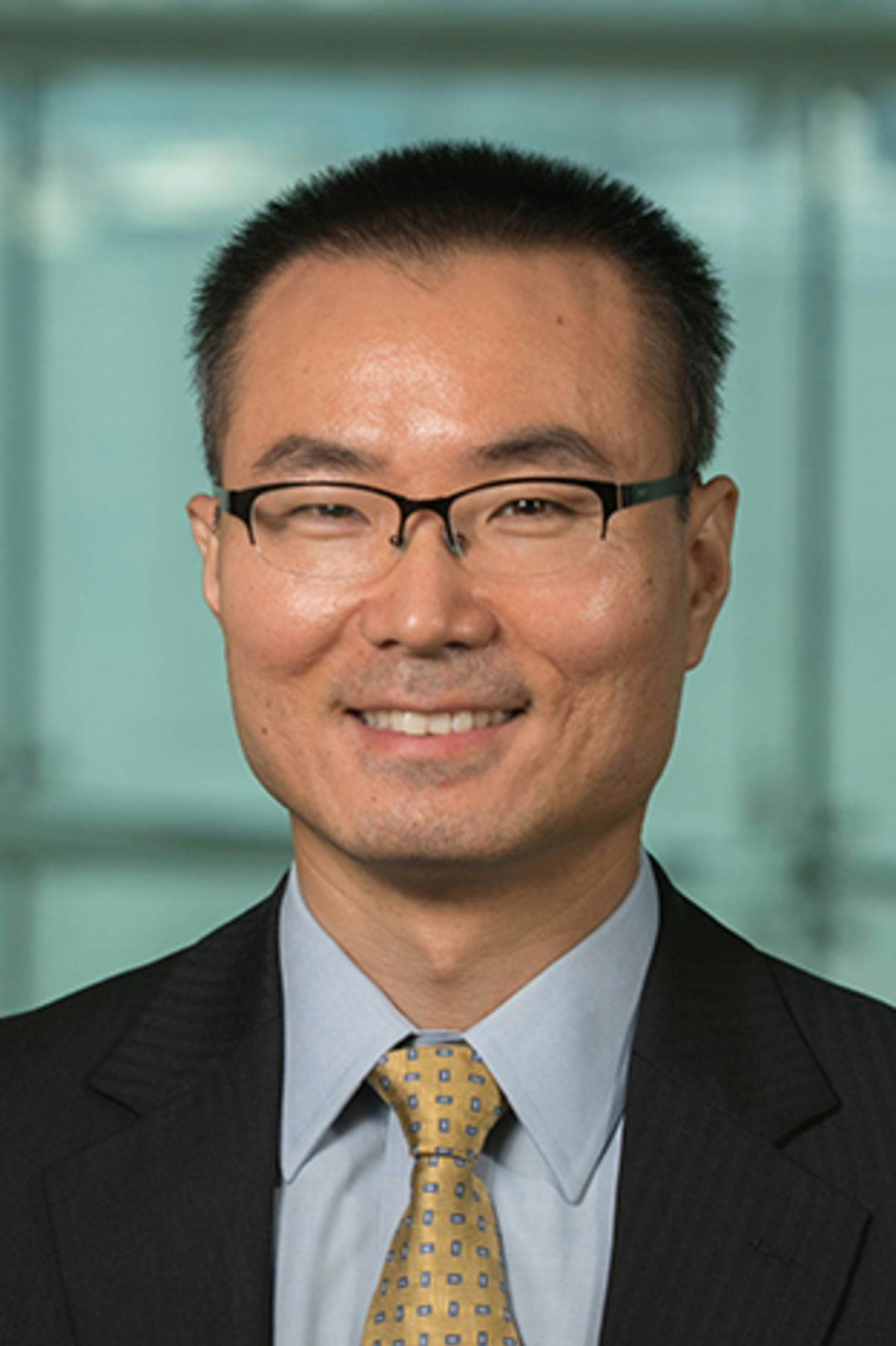Dr. Lee: Continued Leadership in Technology, Emphasis on Working Virtually Crucial to Securing Strong Student Outcomes
In September 2020, Dr. Chihoon Lee became associate dean of graduate studies at the School of Business at Stevens Institute of Technology, replacing Dr. Michael zur Muehlen, who continues at Stevens in a more research-intensive role. Dr. Lee discussed the challenges of starting his new position amidst a pandemic and how he hopes to prepare grad students for a changing business landscape.
You’re taking the reins at an extremely interesting time — the COVID-19 pandemic, rising political tension, economic uncertainty. Curious as to your thoughts about starting in a climate like this one.
I’m excited. Obviously, this is a time of high uncertainty — not just what you mention, but also the future of work and technology’s role in that change. The business world as well as education are changing constantly as a result of these developments. For me, I’m trained as a statistician, so I embrace a high degree of uncertainty, rather than fearing it. I try to look for the opportunities.
Tell me some more about the opportunities you see right now.
Nowadays, we’re in this virtual environment, which has challenges but also ways to creatively engage with students in ways that maybe weren’t possible before. I like the flipped classroom idea — where lectures are watched beforehand, and classes and recitation sessions focus on enrichment, application of the material and group work. Because we’re an innovation university, maybe our faculty are quicker to grasp the use of tools like Zoom breakout rooms, or ways to incorporate video or guest speakers into classroom threads.
It’s influencing our regular online programs, too. Now, the classes are all live online, as opposed to asynchronous delivery. They’re more engaging, we have more interactive discussions and we see the benefit in the kinds of collaborative projects our students can take on.
Staying on that theme, of challenges and opportunities — what do you see as some of the biggest storylines in business education right now?
Certainly technology is the big one. You’re seeing a lot of business schools starting to teach artificial intelligence, the internet of things, blockchain, but it’s still at a surface level. The traditional MBAs at other schools, for instance, are becoming less popular because they’re not up to date with technology. At the same time, you have competition from Coursera and other MOOCs, which are on the other end, and go deep in technology. When I was teaching in the Business Intelligence & Analytics program, our philosophy was, you race with MOOCs, not against them. We leverage some of what they offer, but teach more advanced-level topics and emphasize their applications in business. Our connections with industry in New York City allow us to offer real data for analysis and projects, while bringing in guest speakers, and connecting students to job and internship opportunities. That personalized attention isn’t something you’ll find outside a university.
Speaking of students — what impresses you most about Stevens students?
Their technical orientation. I teach some technically oriented courses, which are demanding, but our students are not afraid of learning new tools, and learning how they’re used in solving problems. They’re also very driven. When I taught in the statistics department, before coming to Stevens, most of my students were planning to go on to the Ph.D. level. Here, our students want to get a job, so you can’t just be theoretical, and my students challenge me to teach them in ways that will help them as they enter the job market. When I hear from a student that my courses helped them on a job interview, or even in their day-to-day work — that’s the most rewarding experience for me.
You touch on an important point about career placement. What do we need to do to ensure the School of Business remains highly regarded among recruiters?
Maybe I’m biased, but speaking to my experience in the BI&A program, I think there’s a really good balance of business and technology. It’s more like a holistic view of business today — these incredibly technical concepts paired with soft skills and a managerial viewpoint. Another good example is this new certificate in Management of A.I. that’s less about understanding the technology and more about how you use it to create opportunities. I’m looking forward to working with our program directors to continue to get input from industry experts — recruiters, experts, people who sit on our advisory boards — that helps us refine out programs with an eye to that balance.
Another thing, talking about opportunities again, there’s so much done in the workplace now with virtual teams. Our students need to know how to work well remotely. They need to know how to interview for jobs effectively in a virtual setting. I think we need to take a hard look at how we’re preparing students for that piece of the career development process.
What’s one thing the Stevens community doesn’t know about you?
I’m really into mountain climbing. I’m from South Korea, which is covered in mountains, so I did a lot of hiking when I was a boy. Before I came to Stevens, I was at Colorado State University, and I loved being so close to Rocky Mountain National Park.
I’m also a movie buff. My family and I were in quarantine for two weeks after visiting family in Korea during the summer, which was a good opportunity to watch movies together. We watched “Forrest Gump,” which has that famous saying: “Life is like a box of chocolates; you never know what you’re gonna get.” So, uncertainty, right? But chocolate, that’s a positive connotation. So hopefully, that helps us be more positive during this period.
This conversation was edited for length and clarity.
Business master's programs Business career placement School of Business



